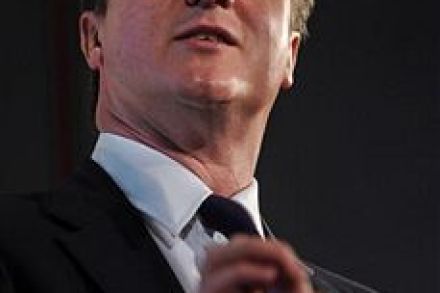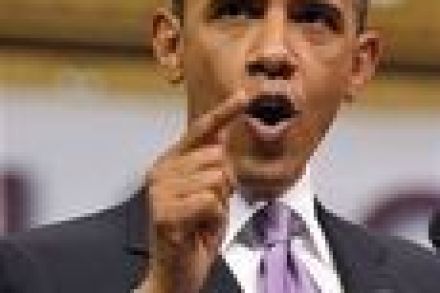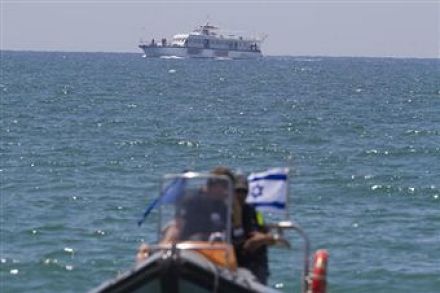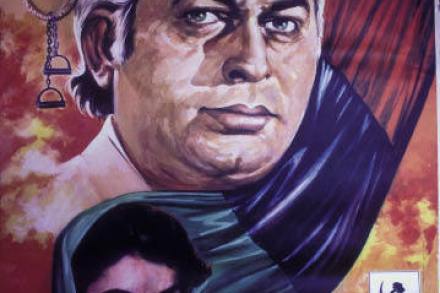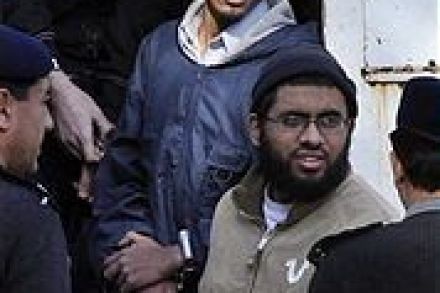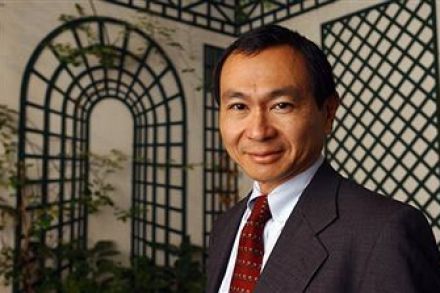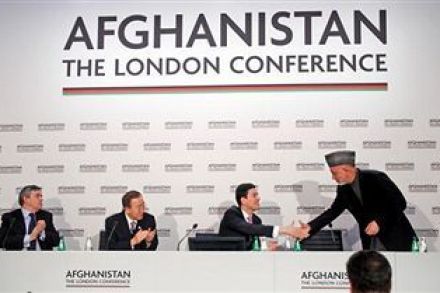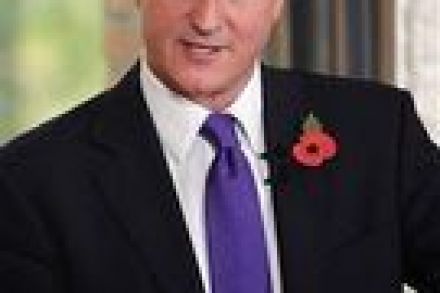The Hollobone dimension
As Paul Goodman notes, it is entirely possible that Philip Hollobone’s statements about the burka were taken out of context. As far as I can gather Hollobone has not yet dissociated himself, which is indicative of the contrary. The French ban on the burkha has English tongues wagging, and Hollobone has looked to stimulate debate. Islamic groups, many of them extreme, will now decamp to Hollobone’s constituency office in Kettering and look to foment a media storm. But so what? This is a debate that must be had. For example, it must be determined in law whether or not the burka is a religious item, and therefore inviolable under

